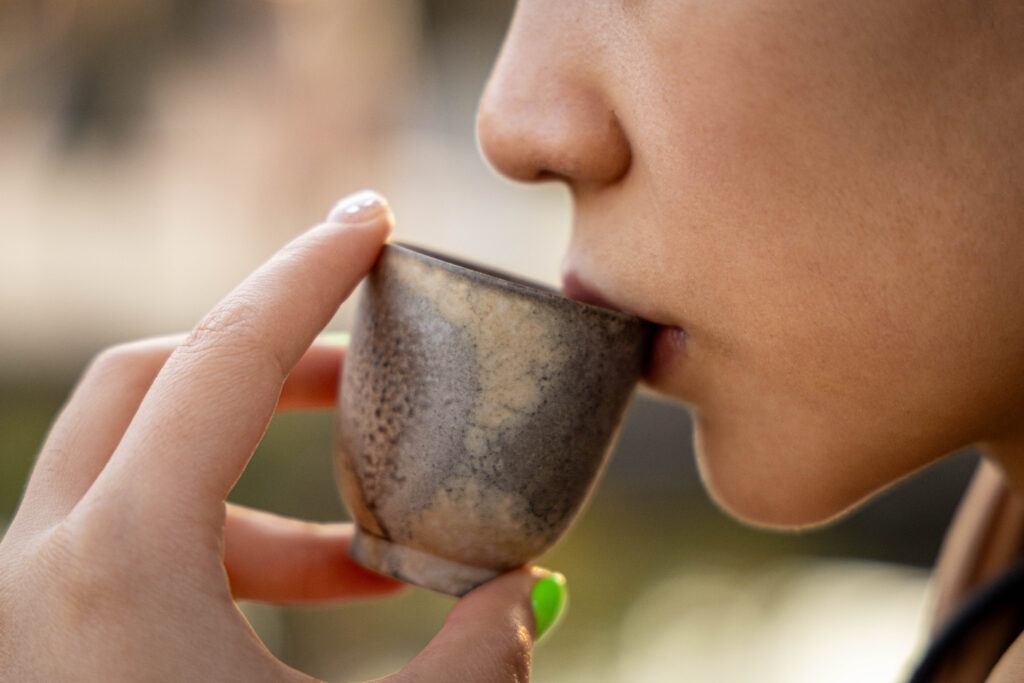Tea and Digestion
The Best Teas for Improving Digestion
Digestive health is central to overall well-being, and many teas may offer gentle support for your digestive system. While research on tea and digestion is ongoing, traditional practices and anecdotal evidence suggest certain types of tea can promote gut health and soothe discomfort.
Let’s explore the teas that may aid digestion and how to incorporate them into your routine.
How Tea May Support Digestion
Teas have been used for centuries for their potential benefits, including easing bloating, improving gut motility, and calming the stomach. Compounds like polyphenols and antioxidants found in tea may contribute to these effects.
For example, a study on herbal teas highlights their traditional use for soothing the stomach and aiding digestion. Let’s look at some common teas known for their digestive properties.
Different Types of Digestive Teas
1. Pu'er Tea and Digestion
- Why it may help: Pu’er tea contains probiotics developed during its fermentation process. These probiotics may support gut health by promoting a healthy balance of gut bacteria.
- Flavor profile: Rich, earthy, and slightly sweet.
- Best time to drink: After a heavy meal, as it may help in breaking down fats.
For Pu’er tea options, visit our Pu’er tea collection.
2. Black Tea for Digestive Regularity
- Why it may help: Black tea contains tannins, which may have an astringent effect and aid in regulating digestion.
- Flavor profile: Bold, malty, and robust.
- Best time to drink: Morning or early afternoon.
Yunnan black teas, such as those from our Yunnan Black Tea collection, are excellent for enjoying these benefits.
3. Green Tea for a Calming Stomach
- Why it may help: Green tea is rich in catechins, which may support digestion by reducing inflammation in the gut. Its soothing properties make it ideal for calming an unsettled stomach.
- Flavor profile: Light, fresh, and grassy.
- Best time to drink: Mid-morning or in the afternoon.
At Settling Tea, we recommend brewing green tea at 70-85°C (158-185°F) for a delicate flavor. Learn more in our Brewing Guide.
4. Ginger Tea for Digestive Discomfort
- Why it may help: Ginger tea is known for its warming and anti-inflammatory properties. It may ease nausea and bloating, making it a go-to choice for digestive relief.
- Flavor profile: Spicy, warming, and invigorating.
- Best time to drink: Anytime you feel discomfort or before meals to stimulate digestion.
5. Peppermint Tea for a Soothing Effect
- Why it may help: Peppermint tea may relax the muscles of the digestive tract, potentially reducing symptoms of bloating and gas.
- Flavor profile: Cool, refreshing, and slightly sweet.
- Best time to drink: After meals for a refreshing end.
Brewing Tips for Digestive Benefits
To maximize the potential digestive benefits of tea:
- Use the right ratio: 5 grams of tea per 150 ml of water.
- Adjust temperature: Green teas at 70-85°C (158-185°F), black teas at 90-95°C (195-204°F), and herbal teas with boiling water 100°C (212°F).
- Steep time: 2–3 minutes for a light brew or longer for a stronger infusion.
For detailed brewing techniques, refer to our Master Guide to Brewing Chinese Tea.
Incorporate Tea into Your Digestive Routine
From soothing herbs to fermented teas, there’s a tea for every digestive need. Experiment with these varieties to discover what works best for your body.
Ready to start your tea journey? Explore our handpicked selection of teas designed to delight your senses and support your health at Settling Tea.

